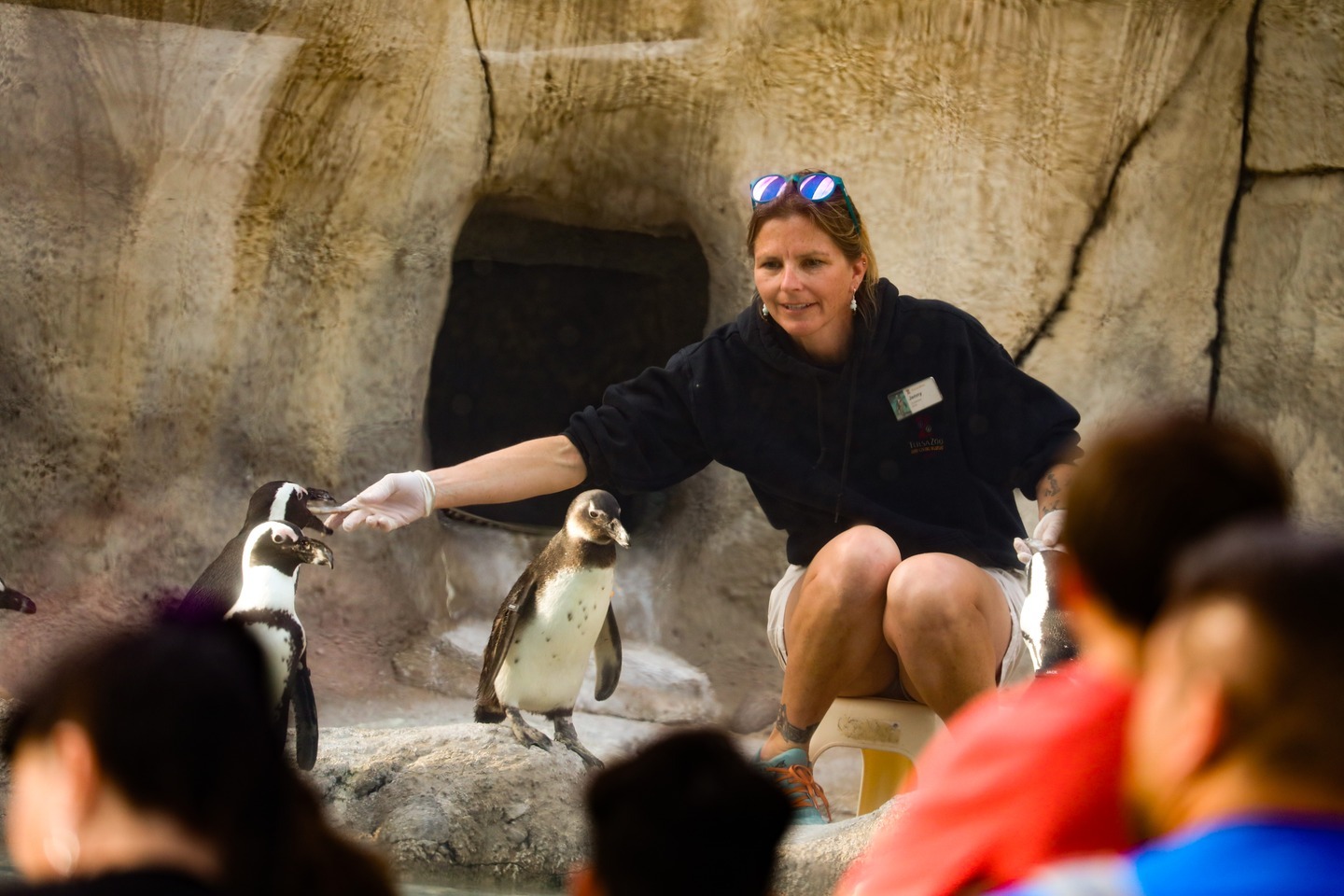- The significance of zoos in wildlife conservation and education.
- Key attractions and animal exhibits at the Tulsa Zoo.
- The role of zookeepers and zoo management in ensuring animal welfare.
- Conservation programs and initiatives led by zoos.
- Tips for planning an educational and engaging visit to the zoo.
Zoos have long served as vital institutions for the conservation of wildlife and the education of the public. They offer a unique opportunity for people to encounter animals they might never see in the wild, fostering a deeper understanding of biodiversity and the importance of conservation efforts. Happy Visit the Zoo Day celebrates this vital role, providing visitors a chance to connect with wildlife and support the ongoing preservation of animal species through education and engagement. At the heart of this celebration is the Tulsa Zoo, a premier destination for wildlife enthusiasts and families alike.
The significance of zoos extends far beyond providing entertainment. Modern zoos, like the Tulsa Zoo, are central to global conservation efforts. They work as crucial sanctuaries for endangered species, offering a safe space for breeding and rehabilitation. Zoos participate in Species Survival Plans (SSPs), which are collaborative programs designed to maintain genetically viable populations of animals under human care while reintroducing them into the wild when conditions allow. Moreover, zoos play an educational role by raising public awareness about environmental issues and the significance of preserving ecosystems.
The Tulsa Zoo offers a myriad of attractions and animal exhibits that captivate and educate visitors of all ages. The zoo, renowned for its dedication to the welfare of its animal residents, features diverse ecosystems from around the globe. Highlights include the Lost Kingdom complex, which transports visitors to the vibrant landscapes of Asia. Here, visitors can observe majestic elephants, tigers, and snow leopards, learning about their habitats and conservation status. The Tropical American Rainforest offers insights into the rich biodiversity of Central and South America, featuring an array of exotic birds, reptiles, and mammals in a lush, immersive environment.
Zookeepers are the unsung heroes of the zoo, dedicated to the health and well-being of the animals. Their responsibilities are diverse and challenging, ranging from feeding and maintaining enclosures to monitoring health and behavior. Zookeepers also engage in enrichment activities, which are crucial for stimulating the animals mentally and physically. These activities mimic natural behaviors, helping prevent boredom and associated stress-related issues. Effective zoo management supports these initiatives by implementing policies and routines that align with best practices in animal care and welfare.
Zoos are also at the forefront of leading conservation programs and initiatives. Many zoos, including the Tulsa Zoo, collaborate with international wildlife organizations to protect endangered species in their natural habitats. Research conducted at zoos contributes to global knowledge about animal behavior, genetics, and health. This information is invaluable for developing strategies to protect species in the wild. Furthermore, zoos participate in breeding programs for endangered species, such as the Amur leopard and the black-footed ferret, aiming to reintroduce these animals into their native environments.
Planning a visit to the zoo can be both educational and enjoyable, providing an enriching experience for all attendees. To make the most of Happy Visit the Zoo Day at the Tulsa Zoo, it is beneficial to plan ahead. Begin by researching the exhibits and events scheduled for the day, allowing you to prioritize your visit. Consider downloading the zoo’s map and highlighting areas of interest. Arriving early can help avoid crowds, offering a more intimate experience with the exhibits. Engage with educational shows and keeper talks, which provide valuable insights into the lives of the zoo’s inhabitants and the conservation efforts undertaken by the institution.
In sum, Happy Visit the Zoo Day offers an invaluable opportunity to connect with wildlife and learn about efforts to protect these vital ambassadors of biodiversity. Zoos, like the Tulsa Zoo, are essential to preserving species, educating the public, and inspiring future generations to appreciate and protect our planet’s natural wonders. By visiting the zoo, you are contributing to these efforts and expanding your understanding of the diverse wildlife that shares our world. Make your visit a memorable exploration of wildlife conservation, animal care, and global biodiversity.
*****
Source Description
Happy Visit the Zoo Day! There’s no better way to celebrate than by exploring the wonders of wildlife right here at the Tulsa Zoo. 🐾 Whether you’re visiting your favorite animals or discovering something new, we can’t wait to see you. Plan your next visit today!

